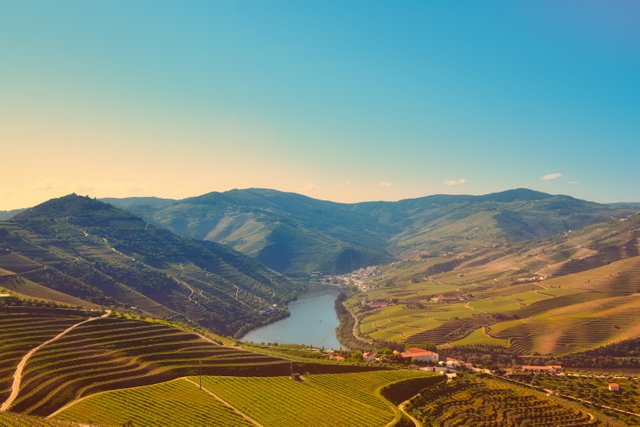📷Curiosities about the Azores Archipelago
Italy Community
✅ 1909 | A Whaling Tragedy on Pico Island
Whaling was introduced in the Azores in the mid-19th century. The first whaling station was established in 1856 on Flores Island, but the first company officially formed through a public deed was founded in 1876 on Pico Island.
Soon after, whaling stations were set up on all the islands, as the activity proved to be prosperous and economically rewarding. In just a few years, Pico Island became the main hub of Azorean whaling, with over a dozen stations operating out of various ports along the island’s north and south coasts.
Competition and rivalry among the stations were intense. When whales were sighted, each company’s boats would race toward the animal, trying to reach it before their competitors.
On November 6, 1909, a whale was spotted in the São Jorge Channel. Several whaleboats from the stations at Cais do Pico, Santo Amaro, and Prainha were launched to pursue it. However, by late afternoon, bad weather set in, with heavy wind and rain, prompting all boats to abandon the chase and return to shore.
As the boats made their way back through the downpour, some sought shelter at the Portinho de Santo Amaro. It was then that one of the boats was found to be missing. Two vessels went back out to search for it, but found nothing.
A few days later, the newspaper O Telegrapho reported the incident:
“According to official news from the maritime delegate of Cais do Pico to the honorable port captain of Horta, on the night of the 6th, while returning to the port, several boats that had gone after a whale—one of those vessels disappeared in a downpour.
Two boats left Portinho to aid them, but found nothing.
Around 11 p.m. that night, the wrecked boat was seen smashed against the rocks of Santo Amaro, along with some fishing gear.”
The newspaper identified the six crew members, stating:
“This boat belonged to the port of Prainha do Norte, and the unfortunate men were all natives of Pico, except the last one, who was from Madeira.”
The brief article concluded with the words:
“Truly heartbreaking.”
This shipwreck caused widespread grief, but the exact circumstances were never fully clarified. Some sources claim the disaster was due to a sailing error—“because the sheet was not released in time”. However, oral history suggests the tragedy was also a result of sudden changes in visibility and sea conditions, as well as rivalries among the whaling crews, who may have failed to assist the boat in distress.
The tragedy led to the end of whaling at the port of Prainha. In neighboring Santo Amaro, where there had once been three whaling stations with two boats each, the practice also came to an end in 1917, following the accidental death of harpooner António Costa during a whale hunt.
| Category | #italy |
| Photo taken at | Douro Valley - Portugal |
)


Upvoted! Thank you for supporting witness @jswit.